
By Godwill Arthur-Mensah, GNA
Accra, March 11, GNA - The Ghana Statistical Service (GSS) has assured the public that the relevant information that would be provided by respondents for the purposes of the National Population and Housing Census would be kept in confidence.
Mr Francis Nyarko-Larbi, the Head of the National Census Publicity, told the Ghana News Agency on Wednesday that all the census enumerators are under oath to keep the information of respondents confident and urged the public to provide accurate information to the enumerators.
“The information will be used for the public good and so you should provide truthful information to our enumerators because no third person will have access to it, therefore, they should have confidence in our staff,” he assured.
Currently, he said, data quality managers who would be responsible for data quality assurance processes during the data collection are undergoing a trainer-of-trainers workshop in Winneba, in order to equip them with all the necessary concepts and information required for the national census and would subsequently train regional enumerators.
“The training is in stages and so as we speak now data quality managers are undergoing training and by next week, we will do a national level trainers workshop.
“So normally, we train people at the national level and the national level trainers go and train regional level trainers and the regional level trainers will go and train the district level trainers,” Mr Nyarkoh-Larbi explained.
The district level enumerators would do the actual enumeration with some being assigned as supervisors and monitors adding that about 70,000 enumerators would be recruited and trained to undertake the listing of buildings and structures and also perform the enumeration exercise.
Mr Nyarko-Larbi said enumerators would first list all the buildings and structures within a demarcated enumeration area from June 15 to 28, this year, while proper census, otherwise known as the ‘Census Night’ would start from June 28 to July 12.
He said a few days would be designated for a mop-up exercise to capture those who missed out on the main census period so that no one is left out.
He said the Service has consulted various religious leaders and groups including the Chief Imams Office, Ameer of Ahmadiyya Mission, Pentecostal and Charismatic Council and a number of religious groups and believes that the census information was gradually spreading within their congregants.
On procurement of census devices, Mr Nyarkoh-Larbi said the processes for procurement of logistics has been initiated and gave the assurance that all the requisite tools and equipment would be secured before the census commences.
The Statistical Service in October and November last year conducted a trial census in the Kpone-Katamanso Municipality in the Greater Accra Region, Aowin Municipality in the Western North Region, Ekumfi District in the Central Region and Krachi-Nchumuru in the Oti Regions, to sharpen its readiness and to identify any unforeseeable challenges.
On 24th October 2019, Government inaugurated the National Census Publicity, Education and Advocacy Committee (NEPEAC) with a charge to member to ensure that every individual in the country is counted in the census.
The 20-member committee is to provide the overall policy direction and strategic guidance on all aspects of the census.
Mr Kojo Oppong Nkrumah, the Information Minister, chairs the committee made up representatives from various public institutions, including the Ghana Statistical Service, Information Services Department, Ghana News Agency, Ghana Broadcasting Corporation and National Commission for Civic Education, who would serve as Ambassadors for the Census and lead advocacy and publicity activities.
The committee will be in existence till the end of 2021 and expected to meet once in every two months at minimum to review its activities, discuss and address implementation challenges to ensure a successful census.
The census is to provide a reliable database for policy reviews and ensure systematic implementation of government policies and interventions and also serve as a reference point for donor partners seeking to partner government in its development drive.
Ghana conducts Population and Housing Census every 10 years to guide policy decision-making.
The last time Ghana conducted a national census was in 2010, which recorded a population of 24.2 million.
The result implied that the country’s population increased by 30.4 per cent over the 2000 population figure of 18.9 million.
The first census conducted in the then Gold Coast was in 1891.
GNA
Read Full Story
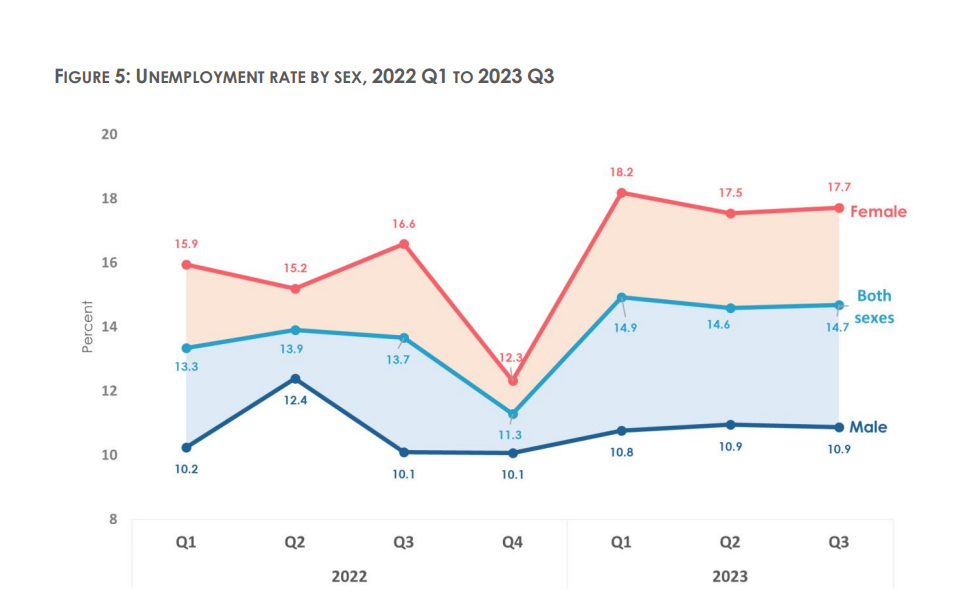
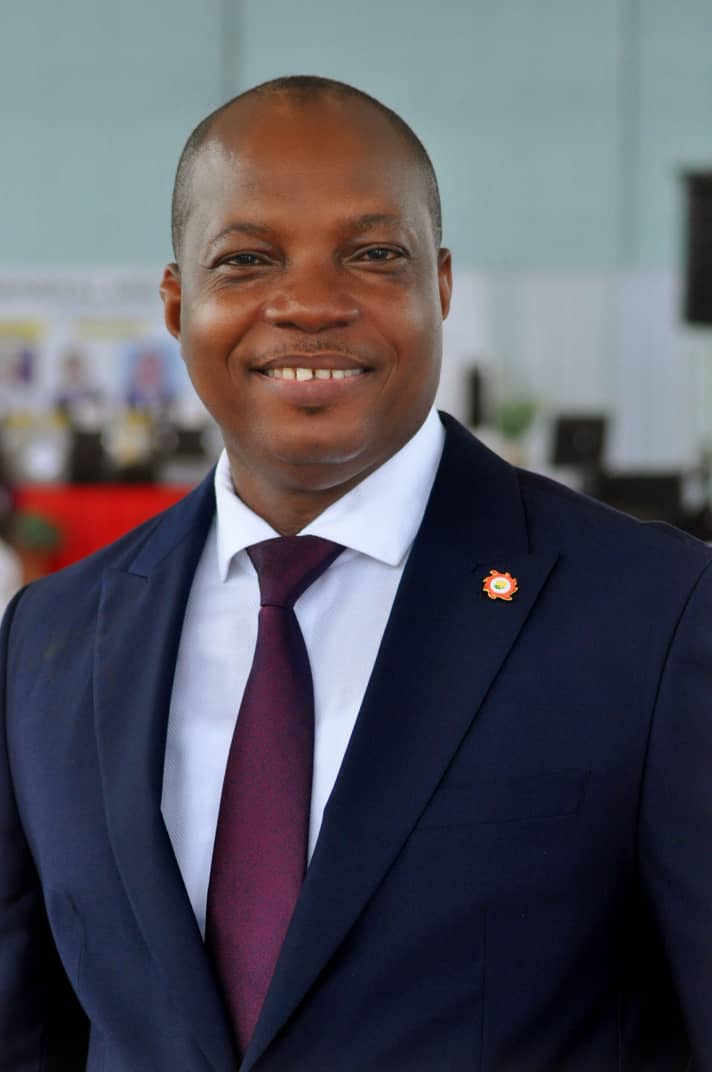


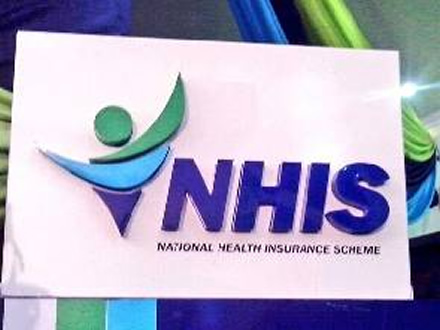
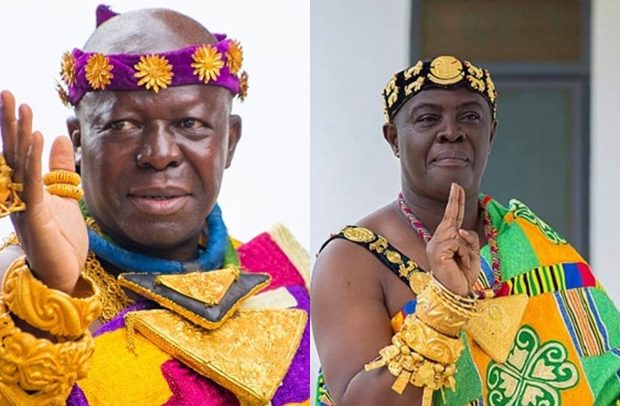




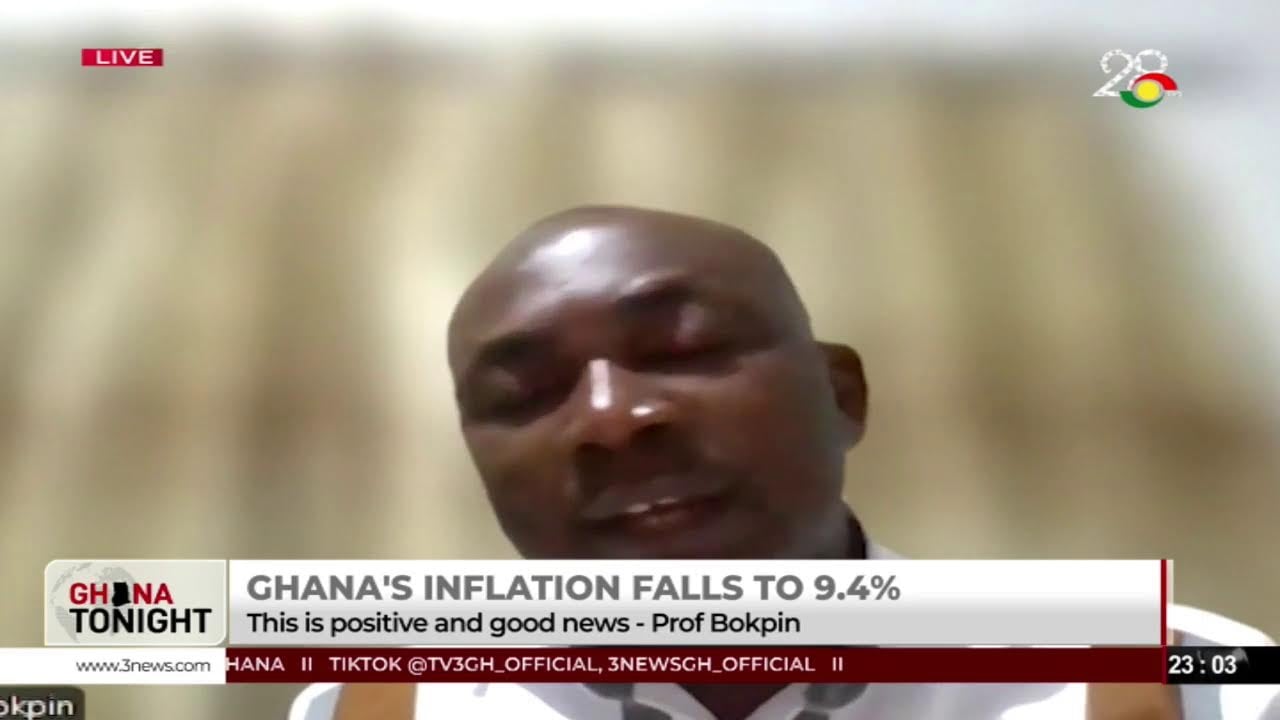








Facebook
Twitter
Pinterest
Instagram
Google+
YouTube
LinkedIn
RSS